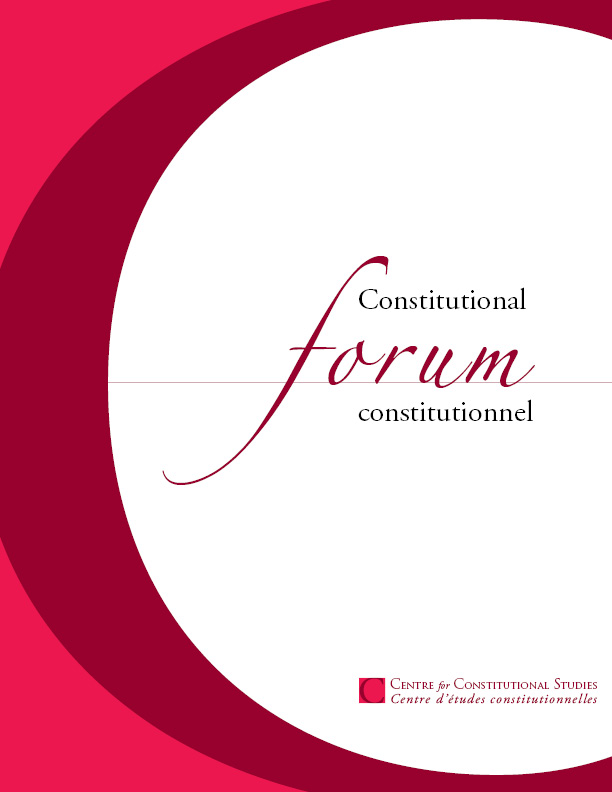Section 273.65 of the National Defence Act: Inappropriate and Unconstitutional
DOI:
https://doi.org/10.21991/C9HQ17Abstract
After six short weeks of debate, Bill C-36, The Anti-terrorism Act,1 passed into law on 28 November 2001. Bill C-36 was Parliament’s formal legislative response to the terrorist attacks upon the U.S. on September 11. Among other things, Bill C-36 amended the National Defence Act2 to grant the Minister of National Defence, in place of a judge, the power to authorize the Communications Security Establishment (CSE) to intercept private communications for the purpose of obtaining foreign intelligence under section 273.65. The CSE’s mandate includes acquiring and providing foreign signals intelligence.3 In this article, I argue that this amendment to the National Defence Act abolished an essential safeguard to arbitrary state actions and likely violates section 8 of the Canadian Charter of Rights and Freedoms.4 The eventual removal of section 273.65 from the National Defence Act would uphold the long-standing, appropriate, and constitutional doctrine that the power to authorize agents of the state to intercept private communications rests solely with the judiciary.
Downloads
Published
Issue
Section
License
Authors who publish with Constitutional Forum constitutionnel grant the journal the right of first publication, and agree to license the work under an Attribution-NonCommercial-NoDerivs (CC BY-NC-ND) that allows others to share the work for non-commercial purposes, with an acknowledgement of the work's authorship and initial publication in this journal, as long as no changes are made to the original work. Please use this format to attribute this work to Constitutional Forum constitutionnel:
"First published as: Title of Article, Contributor, Constitutional Forum constitutionnel Volume/Issue, Copyright © [year], Publisher"





